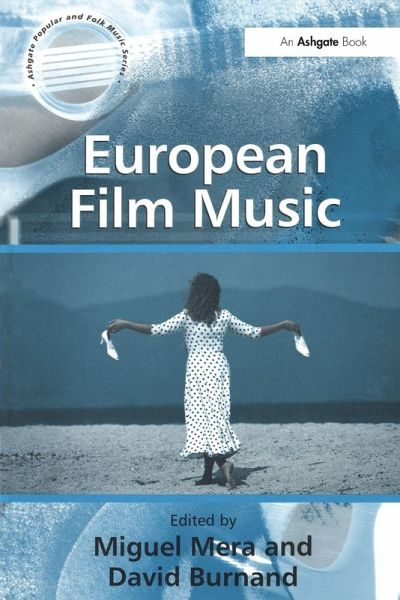
European Film Music
Versandkostenfrei!
Versandfertig in 1-2 Wochen
57,99 €
inkl. MwSt.

PAYBACK Punkte
29 °P sammeln!
Miguel Mera and David Burnand present a volume that explores specific European filmic texts, composers and approaches to film scoring that have hitherto been neglected. Films involving British, French, German, Greek, Irish, Italian, Polish and Spanish composers are considered in detail. Important issues that permeate all the essays involve the working relationship of composer and director, the dialectic between the diegetic and non-diegetic uses of music in films, the music-image synergism and the levels of realism that are created by the audio-visual mix.




